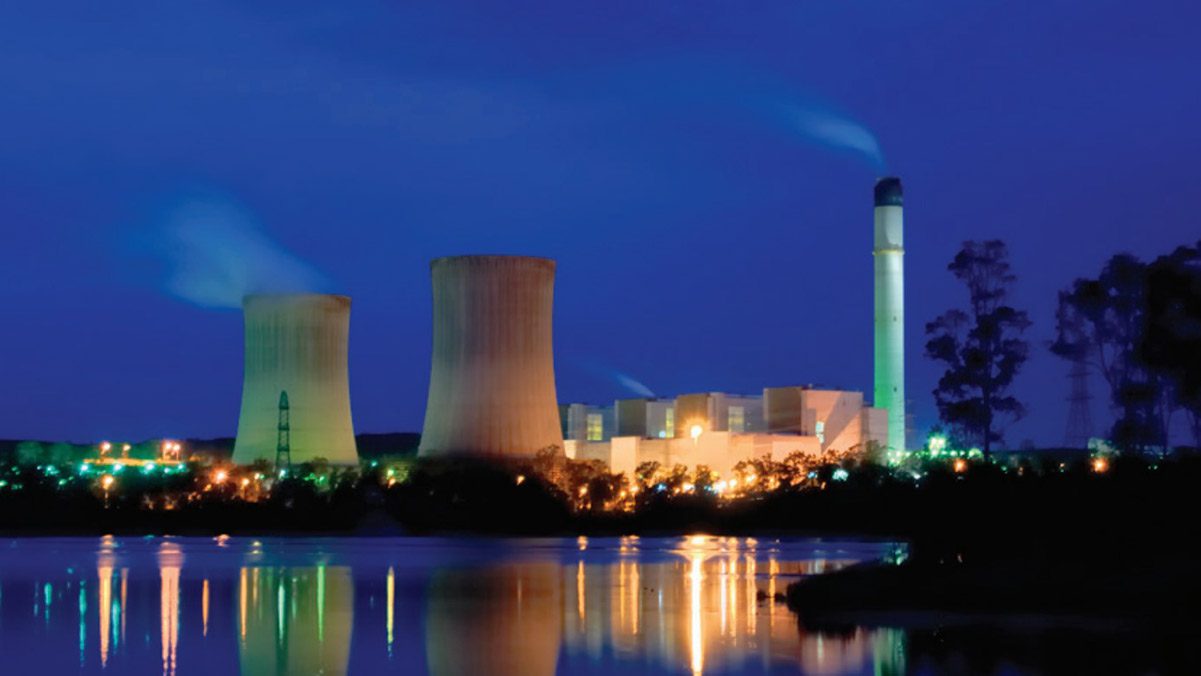jim boy
Umpires Association Head
- Admin
- #226
Apples? What on earth on you talking about? You've given the quite absurd statement that hydrogen is many times more dangerous than a ammonia nitrate - a substance commonly used in bomb making. If you want to compare with petrol, be my guest, it is probably on a similar level - although most studies say hydrogen is safer - as hydrogen is not poisonous, will float upwards and disperse, has a lower burning temperature and needs a lot more oxygen to explode than fossil fuels.it is important to compare apples with apples





